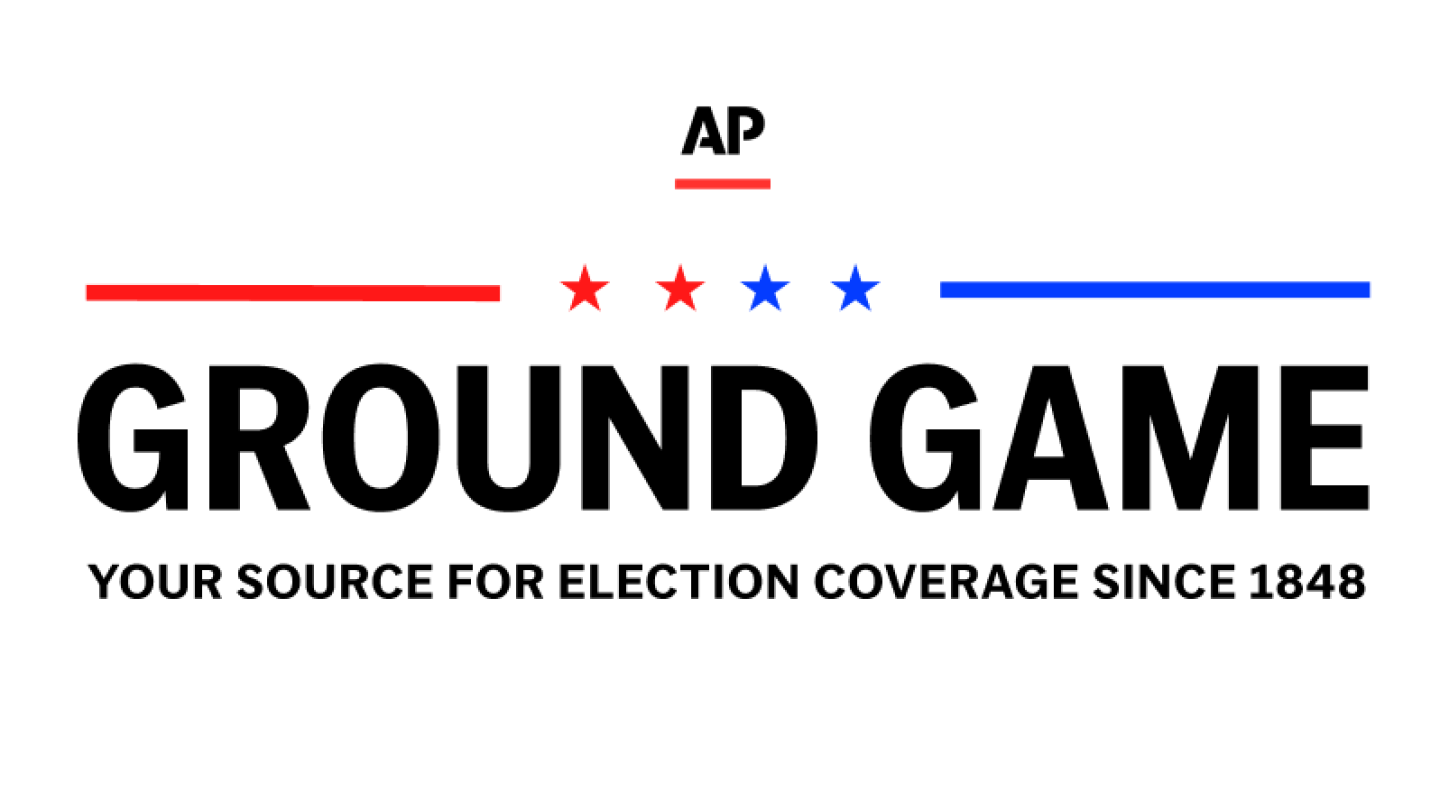| June 02, 2025 08:01:14 AM |
|
|
| June 02, 2025 08:01:14 AM |
|
|
President Donald Trump faces the challenge of convincing Republican senators, global investors, voters and even Elon Musk that he won’t bury the federal government in debt with his multi-trillion-dollar tax breaks package. We take a look at the current debt conversation.
Welcome to this week’s edition of AP Ground Game. |
Policy changes, but facts endure. AP delivers accurate, fact-based journalism to keep the world informed in every administration. Support independent reporting today. Donate. |
President Donald Trump, right, walks toward the Oval Office as he returns to the White House with Bryson DeChambeau, winner of the 2024 U.S. Open, after playing golf, Sunday, June 1, 2025. (AP Photo/Manuel Balce Ceneta) |
Can Trump fix the US debt? Even Elon Musk has doubts |
The White House has viciously lashed out at anyone who has voiced concern about the debt snowballing under Trump, even though it did exactly that in his first term after his 2017 tax cuts. White House press secretary Karoline Leavitt opened her briefing Thursday by saying she wanted “to debunk some false claims” about his tax cuts, including the “blatantly wrong claim that the ‘One, Big, Beautiful Bill’ increases the deficit.”
But Trump himself has suggested that the lack of sufficient spending cuts to offset his tax reductions came out of the need to hold the Republican congressional coalition together. That has left the administration betting on the hope that economic growth can do the trick, a belief that few outside of Trump’s orbit think is viable. Musk, who was until recently part of Trump’s inner sanctum as the leader of the Department of Government Efficiency, told CBS News: “I was disappointed to see the massive spending bill, frankly, which increases the budget deficit, not just decreases it, and undermines the work that the DOGE team is doing.”
The White House Council of Economic Advisers argues that its policies will unleash so much rapid growth that the annual budget deficits will shrink in size relative to the overall economy, putting the U.S. government on a fiscally sustainable path. Most outside economists expect additional debt would keep interest rates higher and slow overall economic growth as the cost of borrowing for homes, cars, businesses and even college educations would increase. Read more.
|
|
|
Of note:
The White House is also banking that tariff revenues will help cover the additional deficits, even though recent court rulings cast doubt on the legitimacy of Trump declaring an economic emergency to impose sweeping taxes on imports. |
|
|
A look at what’s left on the Supreme Court’s emergency docket |
Trump administration lawyers have filed emergency appeals with the nation’s highest court a little less than once a week on average since Trump began his second term – most recently last Tuesday. The justices have issued orders in 11 cases so far, asked to set the rules of the road while the cases make their way through the courts, and the administration has won more than it has lost.
The administration’s latest appeal asks the high court to halt an order by U.S. District Judge Brian Murphy in Boston. The White House violated his order, Murphy found, with a deportation flight bound for South Sudan carrying people from other countries who had been convicted of crimes in the U.S. Solicitor General D. John Sauer asked for an immediate high court order that would allow the third-country deportations to resume.
The Department of Government Efficiency is resisting a lawsuit from Citizens for Responsibility and Ethics in Washington calling for it to publicly disclose information about its operations. The administration, which says DOGE is just a presidential advisory body exempt from FOIA disclosures, has appealed a judge’s orders requiring documents be turned over. Chief Justice John Roberts has agreed to temporarily pause the orders pending additional word from the Supreme Court.
Another federal judge has restricted DOGE’s access to Social Security under federal privacy laws, saying DOGE’s efforts at the agency amounted to a “fishing expedition.” Sauer asked the high court to block the order in a suit filed by labor unions and retirees, saying the decisions belong to the Executive Branch, not courts. The justices could act any time. Read more.
|
|
|
Of note:
The administration has appealed three court orders blocking an executive order Trump signed his first day in office that would deny citizenship to children who are born to people who are in the country illegally or temporarily. The justices took the rare step of hearing emergency appeal arguments in May, seeming intent on keeping the changes on hold while looking for a way to scale back nationwide court orders. |
|
|
Trump lashes out at Leonard Leo and Federalist Society over tariff ruling threats |
Conservative legal activist Leonard Leo helped Trump transform the federal judiciary in his first term. He closely advised Trump on his Supreme Court picks and is widely credited as the architect of the conservative majority responsible for overturning Roe v. Wade.
But Trump last week lashed out at Leo, blaming his former adviser and the group Leo used to head for encouraging him to appoint judges who are now blocking his agenda. Trump called Leo, the former longtime leader of the conservative Federalist Society, a “real ‘sleazebag’” and “bad person who, in his own way, probably hates America.” Trump’s broadsides came after a three-judge panel at the U.S. Court of International Trade blocked his sweeping tariffs, ruling that he had overstepped his authority when he invoked the 1977 International Emergency Economic Powers Act to declare a national emergency and levy tariffs on imports from almost every country in the world.
While an appeals court soon intervened and allowed the administration to continue collecting the tariffs while the legal fight plays out, the decision — and Trump’s fury at Leo — underscored the extent to which the judiciary is serving as a rare check on Trump’s power as he pushes the bounds of executive authority.
The White House did not respond to questions about why Trump blamed Leo and the Federalist Society for the decision, but Taylor Rogers, a White House spokesperson, doubled down, calling Leo “a bad person who cares more about his personal ambitions than our country.” Read more.
|
|
|
Of note:
Trump’s rhetoric also appeared to be a tactic to shift blame for setbacks to his agenda — this time notably pointing the finger at a person who once helped Trump build credibility with conservative voters. But it’s unclear what — if anything — Leo had to do with the tariff decision. Leo said that neither he nor the Federalist Society was involved in shaping appointments to the trade court. |
|
|
Minnesota Gov. Tim Walz speaks at the California Democratic Party’s 2025 State Convention at the Anaheim Convention Center in Anaheim, Calif., on Saturday, May, 31, 2025. (AP Photo/Damian Dovarganes) |
- Trump is expected in Washington and has not announced a public schedule.
|
|
|
|






